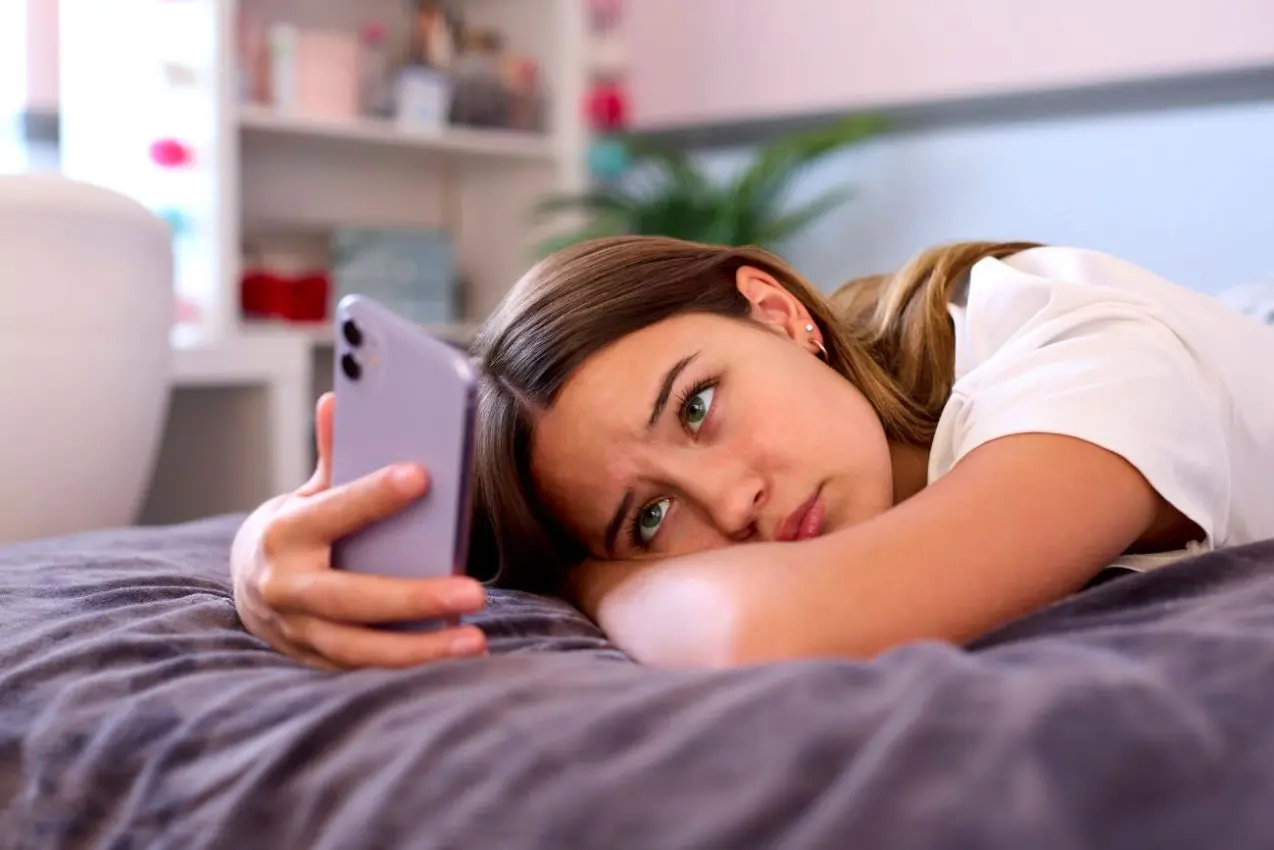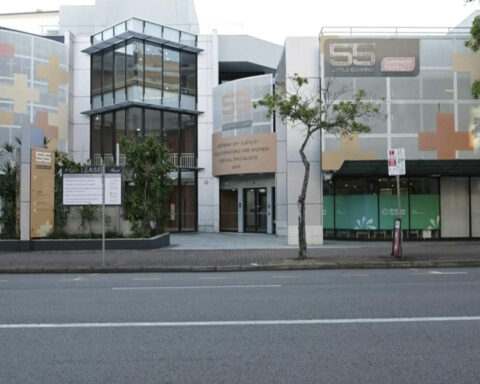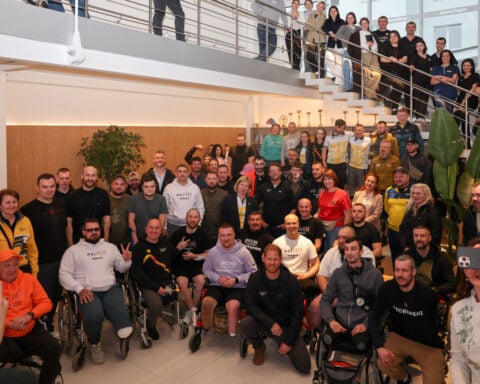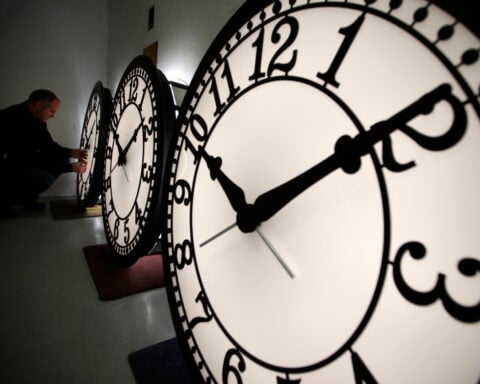Do those scenic vacation photos filling your feed spark joy or leave you depleted? Mounting clinical research reveals social media’s double-edged impact on mental health. Behind the veil of likes and filters lies a complex psychological chain reaction that both connects and isolates users.
As you mindlessly scroll through the highlight reels of acquaintances living their best lives, a slither of envy turns to inadequacy before cascading into full-blown anxiety. Yet moments later a new notification alerts you to an old friend reaching out across the distance thanks to the very same platforms facilitating FOMO fueling your funk. The takeaway? Our modern digital landscape leaves no one unaffected as science works overtime quantifying social media’s emotionally complicated fallout.
Social media has become deeply embedded into the daily lives of billions, but researchers continue working to untangle its complex effects on mental health. Studies reveal both potential benefits, such as increased connectivity, and detriments, like rising rates of anxiety or depression, particularly among teenagers. How one chooses to engage with these platforms plays a significant role.
Active usage in building community engagement contrasts passively scrolling through curated feeds presenting idealized lives. While social media offers tools facilitating communication across distances, frequent comparison and fear of missing out take severe psychological tolls. Quantifying precise social media effects remains difficult with many influencing variables. Still, patterns emerge around time spent online, content viewed, and personal predispositions.
Individuals feeling isolated may find comfort through online groups and connections otherwise inaccessible. A study by Manago, Taylor, and Greenfield showed social media's capacity to enhance communication, especially for those with limited mobility. Additional research by Oh, Ozkaya, and LaRose linked social networking to elevated social capital, community involvement, and belonging. Mental health non-profits also utilize platforms to distribute free educational materials.
However, associations strengthen between excessive social media usage and declining mental health. Research by Primack et al. found increased rates of depression among young adults spending more time on sites presenting idealized versions of people's lives. Constant comparison frequently evokes feelings of envy, anxiety, or decreased self-esteem. Woods and Scott demonstrated how platforms exacerbate inadequacies.
The fear of missing out also intensifies through exposure to friends' carefully curated activities. Przybylski et al. established links between this fear and heightened anxiety, isolation, and depression. Twenge and Campbell tracked correlations between rising screen times and teenagers' unhappiness levels. Overall, time spent mindlessly scrolling carries significant weight in determining social media effects.
While social media facilitates connecting across distances, passive consumption takes a psychological toll through endless comparison. Individual predispositions and total hours logged online intermingle with content types viewed as shaping complex mental health outcomes. Finding balance remains imperative, with social media's prominence expanding rapidly. Additional longitudinal studies tracking usage patterns and mental health factors over time will further illuminate precise relationships.

 Trump has begun another trade war. Here's a timeline of how we got here
Trump has begun another trade war. Here's a timeline of how we got here
 Canada's leader laments lost friendship with US in town that sheltered stranded Americans after 9/11
Canada's leader laments lost friendship with US in town that sheltered stranded Americans after 9/11
 Chinese EV giant BYD's fourth-quarter profit leaps 73%
Chinese EV giant BYD's fourth-quarter profit leaps 73%
 You're an American in another land? Prepare to talk about the why and how of Trump 2.0
You're an American in another land? Prepare to talk about the why and how of Trump 2.0
 Chalk talk: Star power, top teams and No. 5 seeds headline the women's March Madness Sweet 16
Chalk talk: Star power, top teams and No. 5 seeds headline the women's March Madness Sweet 16
 Purdue returns to Sweet 16 with 76-62 win over McNeese in March Madness
Purdue returns to Sweet 16 with 76-62 win over McNeese in March Madness








